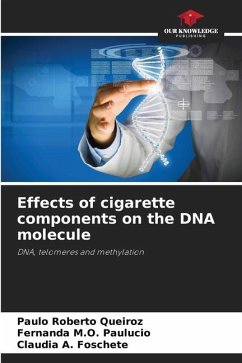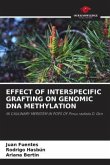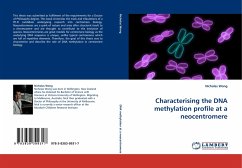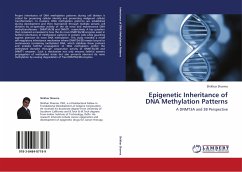Smoking control is one of the biggest challenges for public health promotion, as it is responsible for high mortality rates which could be avoided. Studies show that the components derived from cigarette combustion cause epigenetic changes, such as methylation of the DNA molecule. This alteration causes gene silencing, resulting in a lack of gene expression and contributing to the phenotypic expression of various diseases, especially cancers, cardiovascular and lung diseases. Telomeres, on the other hand, are DNA-protein complexes that promote genome stability. They are located at the ends of eukaryotic chromosomes and in humans are represented by repetitive sequences of 6 nucleotides (TTAGGG)n. Telomere shortening occurs with each cell replication and this reduction leads to cellular senescence and apoptosis. Oxidative stress is one of the factors that accelerates telomere shortening and tobacco smoking contributes to this stress. Studies show a clear correlation between tobaccoconsumption, oxidative stress, early telomere shortening and inadequate DNA methylation.
Bitte wählen Sie Ihr Anliegen aus.
Rechnungen
Retourenschein anfordern
Bestellstatus
Storno








